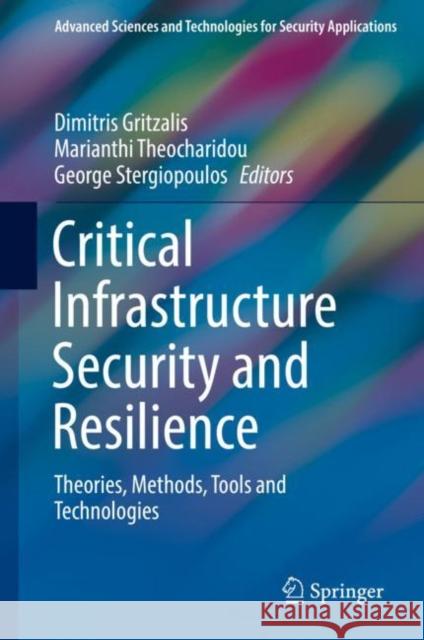Critical Infrastructure Security and Resilience: Theories, Methods, Tools and Technologies » książka
topmenu
Critical Infrastructure Security and Resilience: Theories, Methods, Tools and Technologies
ISBN-13: 9783030000233 / Angielski / Twarda / 2019 / 313 str.
Kategorie:
Kategorie BISAC:
Wydawca:
Springer
Seria wydawnicza:
Język:
Angielski
ISBN-13:
9783030000233
Rok wydania:
2019
Wydanie:
2019
Ilość stron:
313
Waga:
0.63 kg
Wymiary:
23.88 x 23.37 x 2.03
Oprawa:
Twarda
Wolumenów:
01











